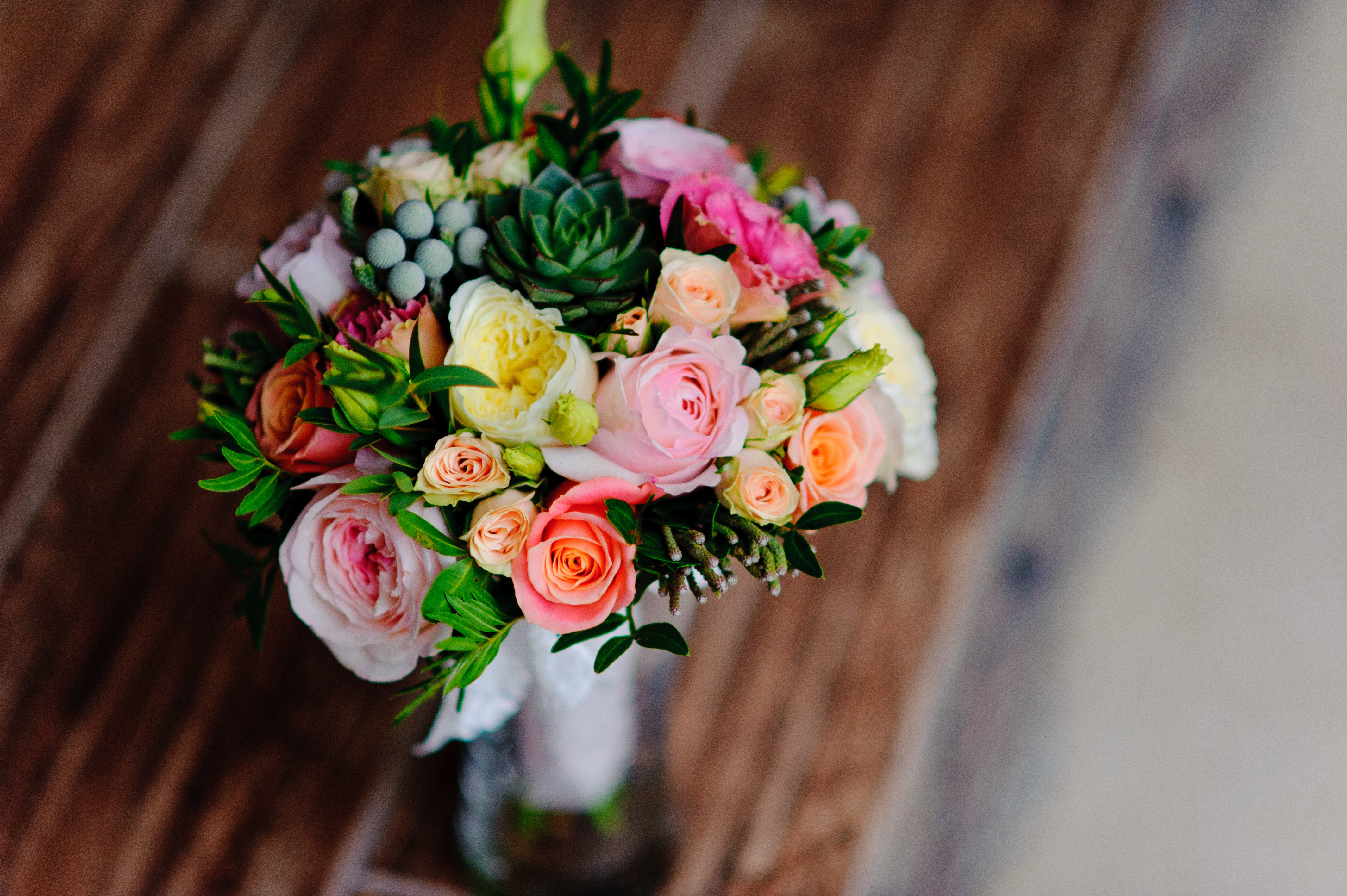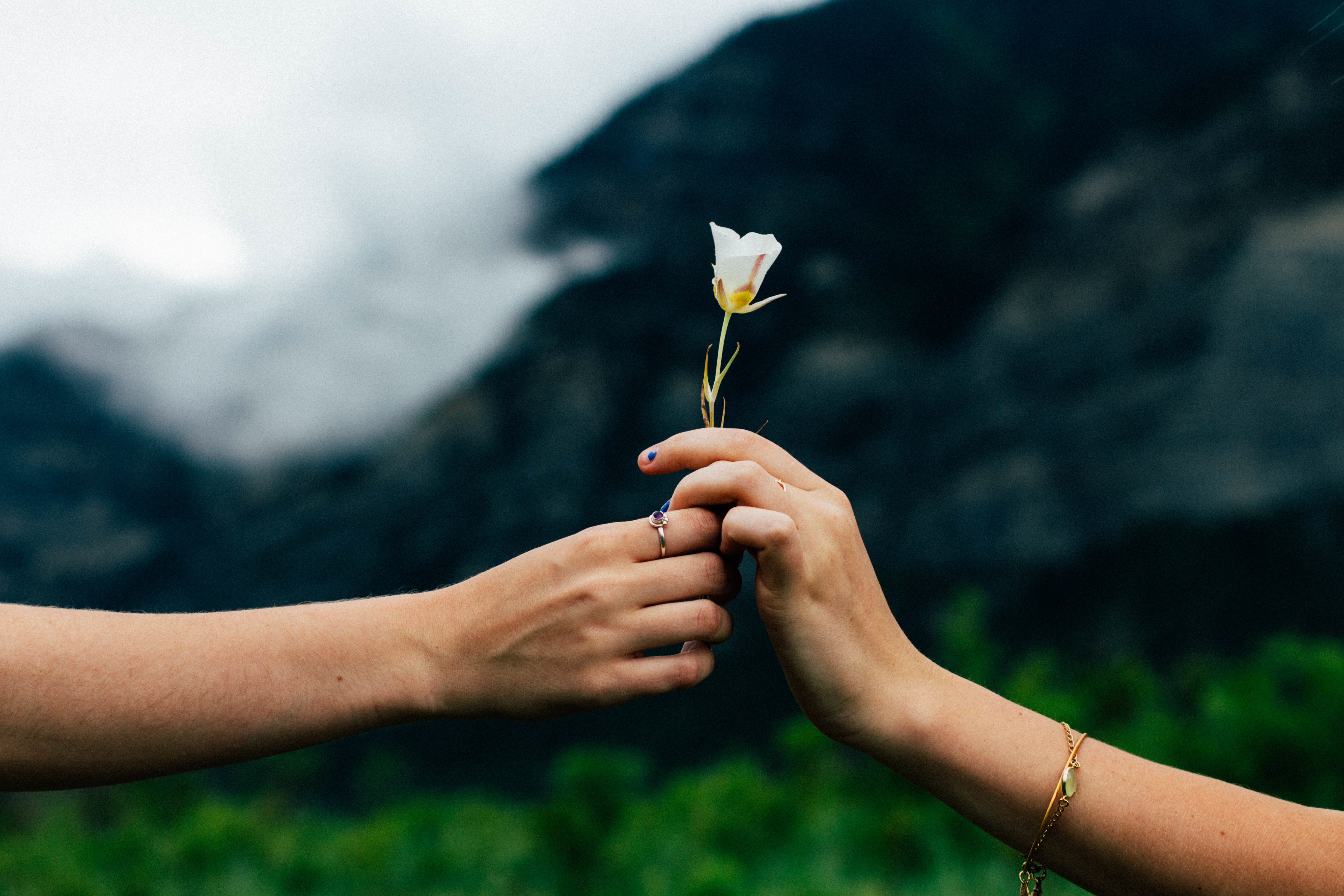The feeling of scarcity is alive and well in our culture. Advertisers use it to make us feel like we need their products to be happy. Politicians use it to exploit our fear of not having enough, marginalize us, and look to them to give us more. We tell ourselves that there isn’t enough time and money to go back to school. We tell others that we don’t have enough time to call or see them. We tell ourselves that we have to work more, earn more, do more, acquire more, achieve more.
We are not telling ourselves these things because we feel driven to fulfill our life’s purpose. We’re telling ourselves this because we are coming from a deep place of fear and lack. And we are looking for a way out. We tell ourselves this because we’re afraid we don’t or won’t have enough to be happy- enough money, enough stuff, enough accomplishments, enough praise, enough status, enough respect. And if we don’t have enough of these things we’re not happy; we’re unfulfilled. If we don’t have enough of these things we’ll have to pay more attention to why this feeling of fear and lack is surfacing in the first place. So we run ourselves into the ground trying to get money to get more stuff.
The bummer part of all this is that the more we tell ourselves we don’t have enough, the more we don’t have enough. It creates an even greater imbalance. If I’m afraid I don’t have enough money, I’m going to work more which means I’ll have less time to spend with loved ones and do things that nurture me. If I feel like I don’t have enough stuff, I’m going to spend more money consuming the things I think I need or want. Time spent consuming will also cut down on time I could be spending with loved ones, working on a cause about which I am passionate, or doing things that nurture me. I’ll need to work more to make sure I can both pay my bills and consume more stuff. Pretty soon, I’ll be tired from all this working and consuming, more isolated because I miss my loved ones. I might spend more time watching TV or going online. I might eat and drink more. It’s kind of a rough cycle.
There are plenty of times in our lives when we feel capable and grounded in our ability to manage scarcity, times when this cycle isn’t a problem for us because we can keep our feelings in check. But sometimes we find ourselves more vulnerable, less able to evaluate what’s happening for us. We have more difficulty identifying what we need and the healthy steps it will take to get there.
We might fall into this scarcity cycle when we’re feeling insecure about something- our relationships, our economic status, a failure we’ve recently experienced (or a failure we are trying to avoid), the anticipation of a major discomfort. Sometimes stuff/emotional burden might pile up over time. It’ll sneakily cloud our judgment. We might not even notice we’ve fallen into this cycle until we realize how unhappy we’ve been for the past few months.
Getting out of the pit of scarcity-living isn’t easy, but it’s worth the challenge. People just feel better when we’re not dominated by this fear of not having enough. And it’s much more satisfying to uncover how we came to believe that there isn’t enough than to keep throwing clothes, food, money, substances into a sieve.
I often suggest a slow start:
- Identify cravings, impulses, compulsions.
- Identify thoughts and feelings of scarcity
- Be curious about how you feel before and after engaging in craving/impulse/compulsive behavior
- Exercise self-compassion. You’re definitely not going to judge your way out of this so, just be gentle with yourself.
This will be a good start. If you need further help, let me know and we will set up a time to talk.
Love and Be Loved,
Natalie



